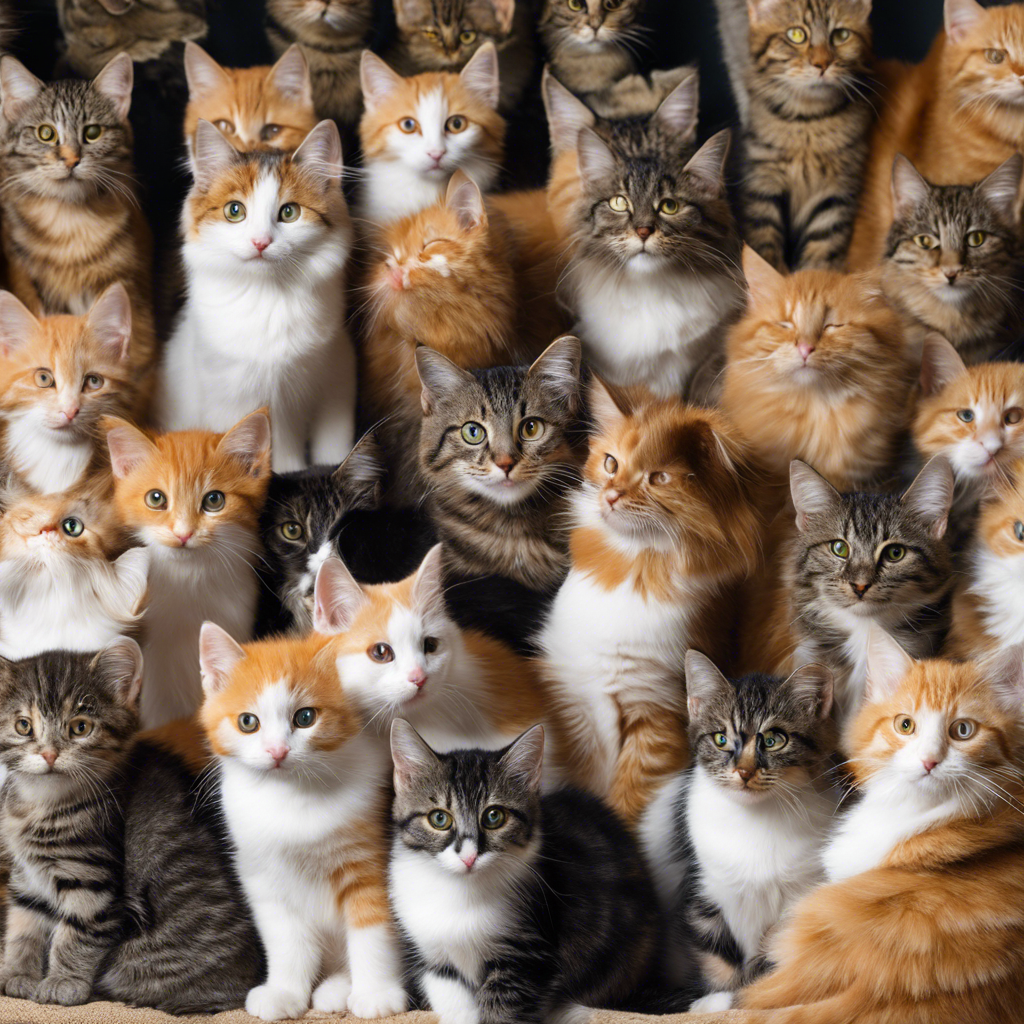Cats have long been beloved companions and a source of comfort for humans, with their adorable antics and affectionate nature capturing the hearts of people worldwide. However, as we welcome these furry friends into our homes, we also shoulder the responsibility of ensuring their welfare and well-being. One aspect that has come under scrutiny is the practice of breeding and its impact on the cats themselves.
Breeding practices have evolved over time, and while some breeders prioritize the health and happiness of their cats, there are concerns about unethical breeding and its detrimental effects. Intense selective breeding to achieve certain physical characteristics can lead to genetic health issues and compromise the overall well-being of cats. For example, breeds like Persian cats, with their endearing flat faces, may suffer from respiratory problems due to shortened skull structures. Similarly, breeds such as the Scottish Fold, known for their unique folded ears, can experience joint problems and painful degenerative conditions.
Unscrupulous breeders, driven by profit, often overlook these health implications, continuing to produce cats with exaggerated features that may appeal to buyers but come at the cost of the animals’ comfort and longevity. Additionally, overbreeding can lead to behavioral issues, with mother cats experiencing stress and exhaustion from frequent pregnancies and litters. This can result in neglectful or aggressive behavior towards their kittens, impacting the social development and overall welfare of the offspring.
The welfare implications extend beyond the breeding cats themselves. When buyers procure kittens from breeders, it inadvertently contributes to the millions of healthy, adoptable cats languishing in shelters or struggling to survive on the streets. This dynamic perpetuates a cycle of homelessness and puts further pressure on rescue organizations already stretched thin by limited resources. However, there is a silver lining in responsible adoption practices advocated by shelters and rescue groups. They carefully screen potential adopters, ensuring that cats find their way into loving and committed homes.
To promote ethical practices, reputable organizations, like the International Cat Association (TICA), have established guidelines and standards that breeders must adhere to. These standards emphasize the health and well-being of the cats, encourage responsible breeding practices, and discourage extreme physical features that compromise health. TICA, for instance, mandates that breeders prioritize the cats’ comfort and happiness and provide ample space and resources for their charges.
Ultimately, the onus is on both breeders and buyers to prioritize cat welfare. Buyers can contribute by being discerning and opting for adoption from shelters or choosing to support responsible breeders who put the cats’ well-being first. Through ethical practices and informed choices, we can ensure that our furry friends enjoy long and happy lives, free from unnecessary suffering. This way, we honor the special bond we share with them and uphold the responsibility we have taken on as guardians of their welfare.

